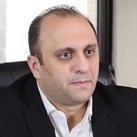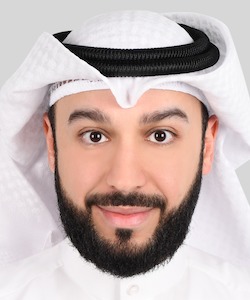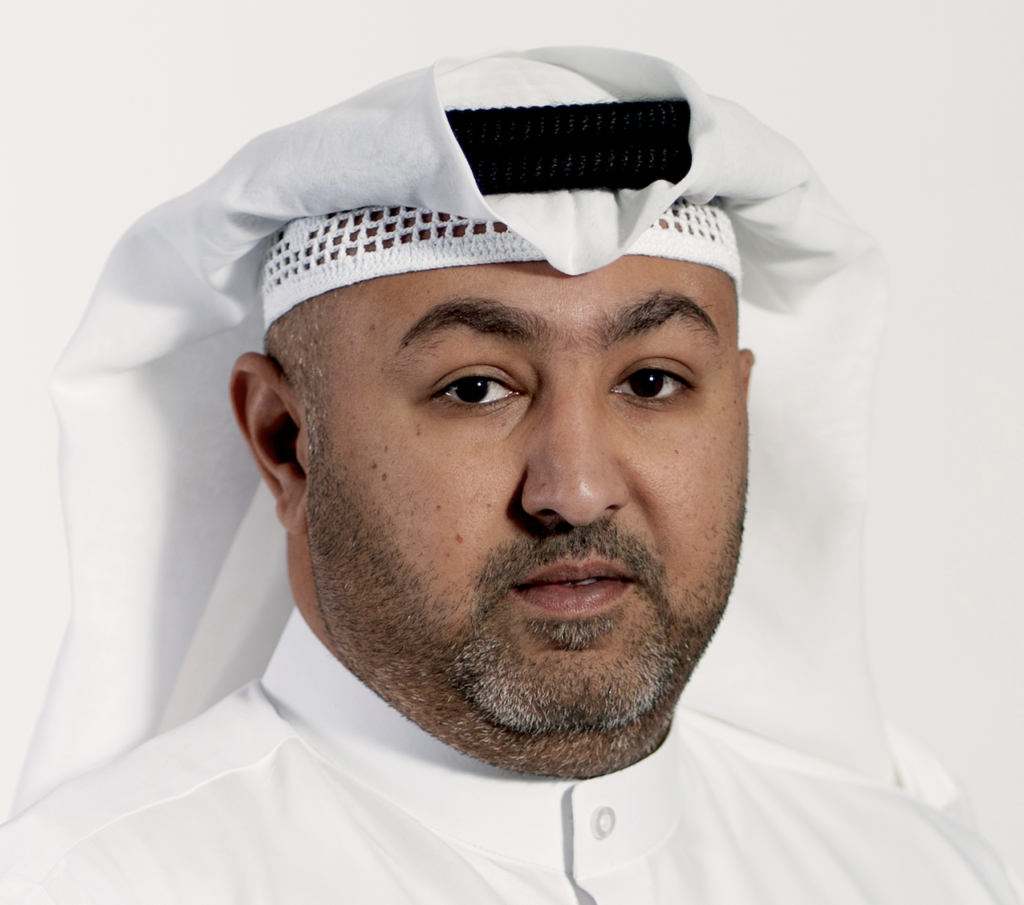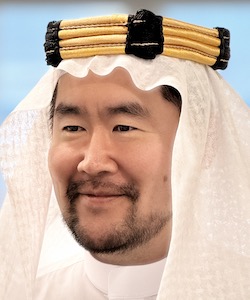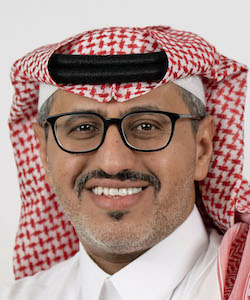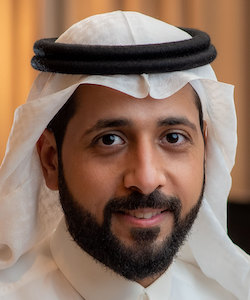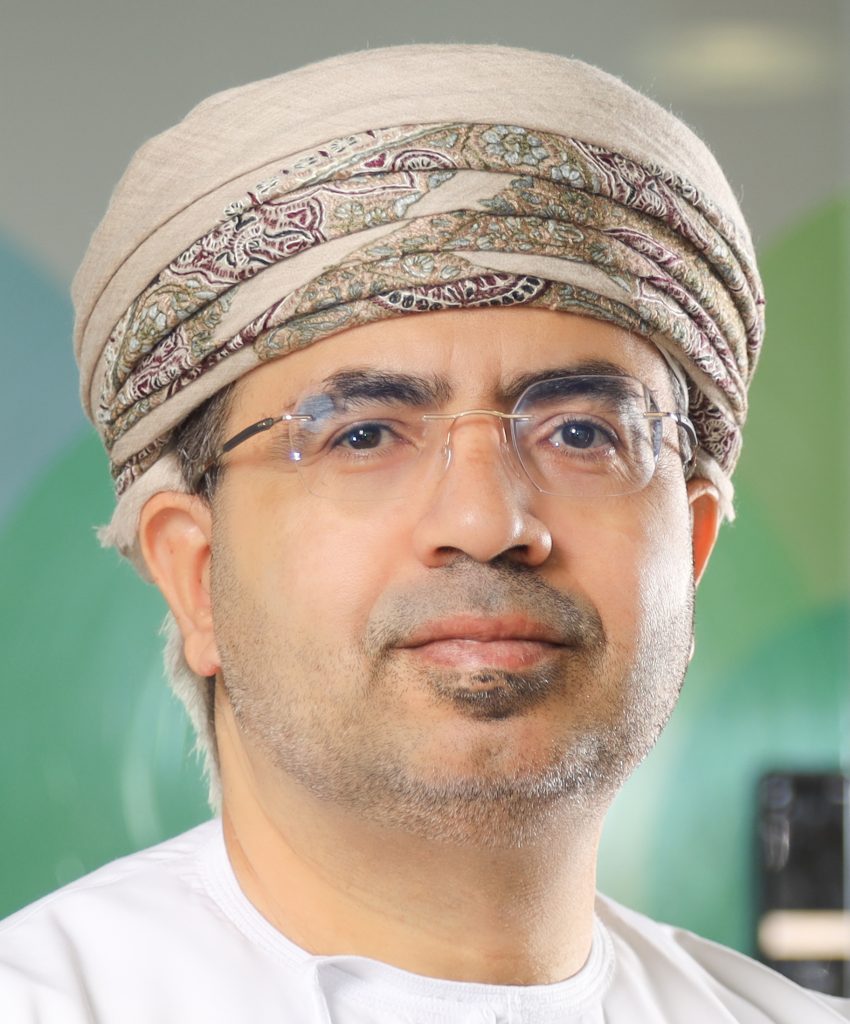Managing Director, ITB Nigeria Limited ITB Nigeria's size and stability helped it ride out a tough year and emerge with a diversified portfolio.
How did the pandemic affect your expectations of the future?
Some projects that were about to start were eventually put on hold for some time, as two things affected the market in 2020: COVID-19 and the devaluation of the naira. The devaluation has had a significant impact on the construction industry, as any construction company in Nigeria imports at least 45-50% of its building materials. Fortunately, as a contractor we always protect ourselves against the exchange rate, as some projects are budgeted in dollars, so we are not affected as much. On top of all this, we had a lockdown and the End SARS protests, all of which impacted the economy. ITB’s turnover was not as expected due to all these factors combined, so we had many setbacks. Today, we can see the light at the end of the tunnel. We are working on several tenders in and outside of Nigeria. As a major contractor, our projects usually consist of high-rise towers, but we had to diversify our portfolio, for example into fit out jobs and maintenance contracts. As a matter of fact, we are currently doing fit outs projects for two international IT companies.
How did the pandemic affect your expectations of the future?
Some projects that were about to start were eventually put on hold for some time, as two things affected the market in 2020: COVID-19 and the devaluation of the naira. The devaluation has had a significant impact on the construction industry, as any construction company in Nigeria imports at least 45-50% of its building materials. Fortunately, as a contractor we always protect ourselves against the exchange rate, as some projects are budgeted in dollars, so we are not affected as much. On top of all this, we had a lockdown and the End SARS protests, all of which impacted the economy. ITB’s turnover was not as expected due to all these factors combined, so we had many setbacks. Today, we can see the light at the end of the tunnel. We are working on several tenders in and outside of Nigeria. As a major contractor, our projects usually consist of high-rise towers, but we had to diversify our portfolio, for example into fit out jobs and maintenance contracts. As a matter of fact, we are currently doing fit outs projects for two international IT companies.
What do your fit out jobs consist of?
It consists of providing the decorative finishes within white box office space for clients who want to move in. The International companies would want nice partitions, better ceilings, different IT rooms, server rooms, attractive flooring, decorative screens, and walls, and expensive light fittings and IT gadgets that costs millions of dollars. This is something we did not do before, but it is an important aspect of our job today. We previously expected it to be a small trade, but due to the depreciation and economic situation, we had to start looking for alternative sources of income to keep our turnover running.
How do developers in Nigeria tend to fund their projects?
They mostly fund themselves. They have the internal equity but rely heavily on pre-construction sales and strong marketing. The market today is not the luxury end market, but for the middle class. There are apartments for NGN100-150 million and sometimes two, three, or four bedrooms. This market is attractive to many Lagosians. Many today have enough savings to buy a flat in Ikoyi, Lekki, or Victoria Island, and those developers are able to attract the middle-class segment. There is no demand for luxury apartments in the market, and everyone is turning to new developments that are not that high end. We are starting a new development soon hopefully in Eko Atlantic that targets affordable middle-class housing.
What is needed to localize the production of raw materials instead of importing them?
We can make this happen. For example, five years ago, we used to import all our ceramic tiles from Spain or Italy, sometimes even China. Today, we have a huge tiles factory along the Ibadan Expressway called CDK. This is a big step forward. Tiles are one of the most expensive building materials. Currently, local factories produce PVC pipes for plumbing, though the quality often does not match the specific requirements. We build for the high-end market, so the specs are high. If they want a certain capacity of a pipe that takes a certain pressure, this is normally unavailable here. I do not see the market moving toward self-sustainability in the short term, as, unfortunately almost everything in Nigeria is imported. Apapa Port is highly congested with imports of all types, which also delays our projects due to the containers clearing process.
What is your outlook for the year ahead?
2021 is expected be better than 2020. In any economy, when there are such economic crises, there can only be an improvement in growth. I am positive about the next two years. I am even more positive than 2020. In 2021, we will do better than this year.

